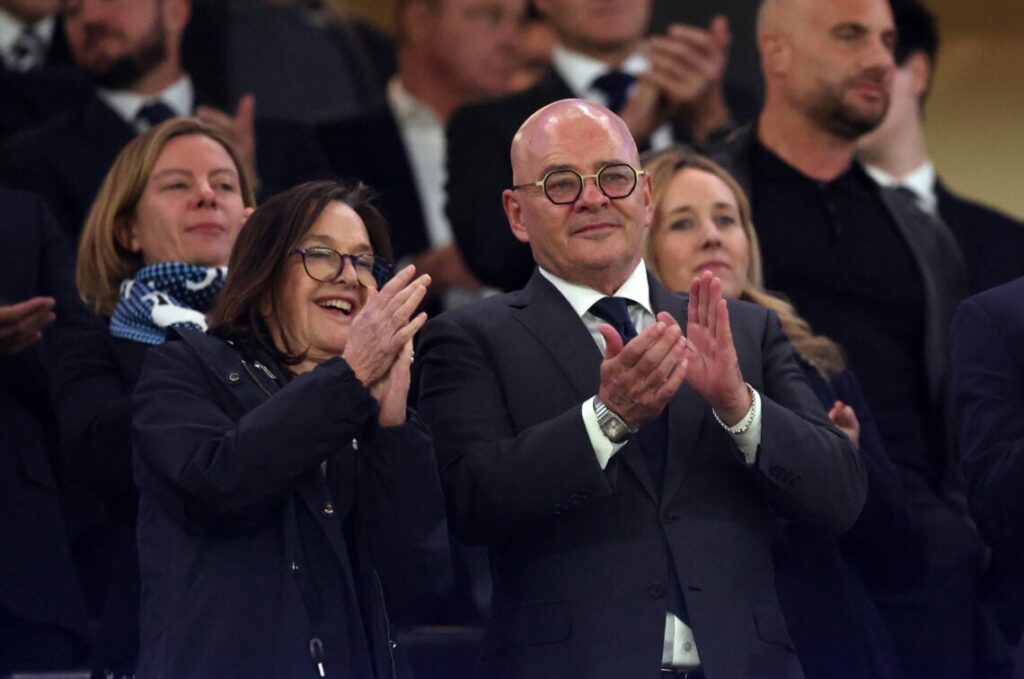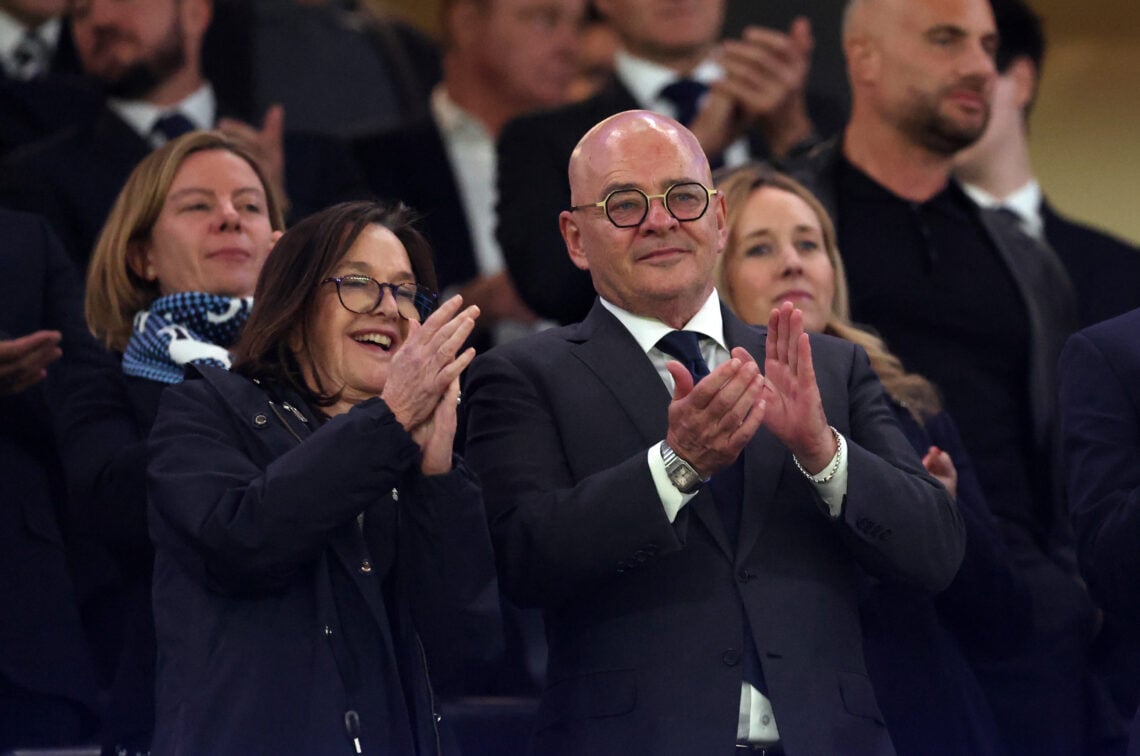For a long time, the story of Tottenham Hotspur was defined by a sense of stability, but also by a feeling of frustration among the fans. The club was run in a very particular way, with a strong focus on business and financial health.
While this approach built a magnificent new stadium and secured the club’s economic future, it often felt like the ambition on the football pitch did not match the ambition off it.
The main goal seemed to be staying competitive and profitable, rather than going all out to win major trophies. This led to a disconnect between the supporters’ dreams and the reality they saw season after season.
Recently, however, the winds of change have begun to blow through the club. The first and most significant sign was the departure of Daniel Levy, the long-serving chairman who had become the face of the club’s management for over two decades.
His exit signaled that the owners, the Lewis family, were ready for a new direction. But the biggest statement of intent has come just now, with the news that the owners have rejected a world-record offer to buy the club.

A American consortium, led by a tech entrepreneur, reportedly tabled a bid of £4.5 billion. This is an almost unimaginable amount of money, a sum that would make most businesspeople instantly say yes. But the Lewis family said no.
At first glance, a fan might be disappointed. The idea of a super-rich new owner arriving with a fortune to spend on new players is a thrilling fantasy.
It promises a quick fix, a sudden leap into the elite group of clubs that can buy almost any player they want. However, rejecting such a massive offer might actually be the best thing that could have happened for the long-term health and ambition of Tottenham Hotspur.
Why? Because it sends a powerful message about what the current owners truly want.
By turning down a £4.5 billion payday, the Lewis family is essentially telling the world that they believe they can create something even more valuable than that cash sum.
They are not looking for a quick exit to make a profit. Instead, they are committing to the project. Their ambition is not just financial; it is sporting. They want to build a football club that wins things. This is a huge shift in mentality.
It suggests that the next generation of the family, who pushed for Levy’s departure, are fans at heart. They share the same desire as the supporters in the stands: to see Tottenham Hotspur become a genuine force in English and European football.
The club is also changing how it is run. Instead of having one all-powerful chairman making all the decisions, power is being shared among a executive team.
This new structure, led by figures like CEO Vinai Venkatesham, is designed to prevent the club from being dominated by one person’s vision.
The focus can be more balanced, ensuring that football success is the top priority, not just commercial success. This new team now has the backing of owners who have proven they are in it for the long haul.
It’s also important to remember that a rich new owner does not automatically guarantee success. We have seen at other clubs how chaotic spending without a clear plan can lead to confusion and underperformance.
Throwing vast sums of money at a problem does not always solve it, especially with the strict financial rules that all Premier League clubs must follow.
True, sustainable success comes from a well-defined strategy, smart recruitment, and a strong culture not just from a blank cheque book.
Therefore, Tottenham supporters should see this rejected bid not as a missed opportunity, but as a reason for genuine excitement. It is a clear signal that the owners believe in the potential of the club more than anyone else does.
They are betting on themselves and their new leadership team to deliver the success that everyone craves.
The message is that the future of Tottenham Hotspur will be built carefully, with a clear plan and a deep understanding of what the club represents.
It might take more patience than a sudden takeover, but the foundation being built now could be stronger and more lasting, turning Tottenham into a club that is not just commercially big, but truly great on the pitch.
